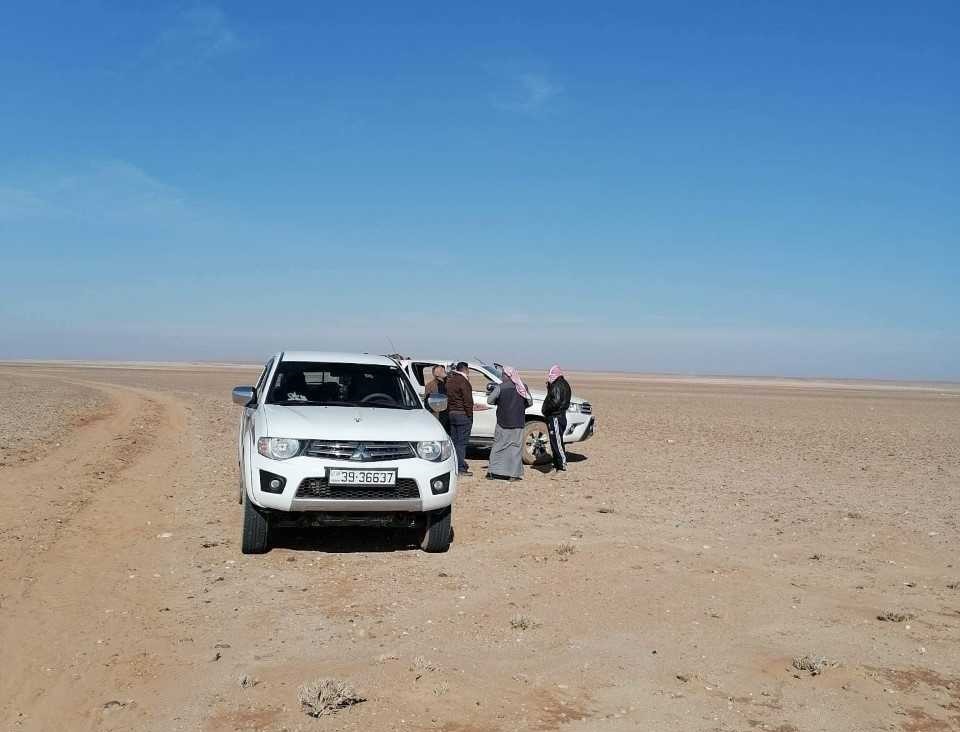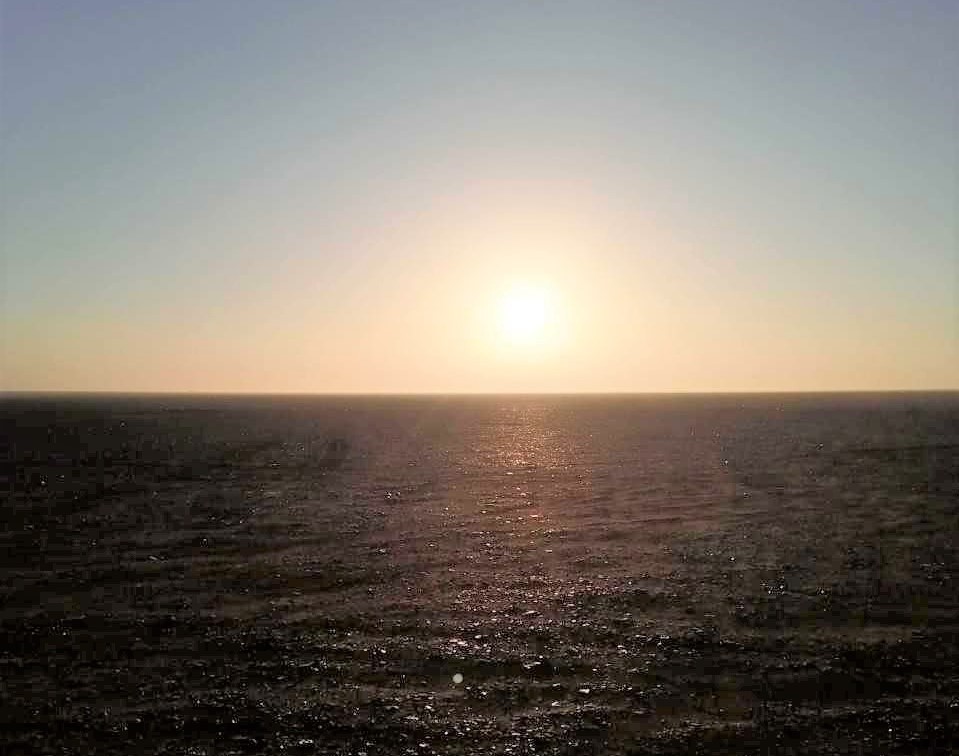AMMAN — Bedouin herders in the east of Jordan are
anxiously awaiting a late winter season — and on its heels a desert spring that
will bring bounteous vegetation for pasturing their livestock.
اضافة اعلان
Around this time every year, livestock owners set out on a journey in
search of pastures where they can bring their flocks to settle and graze for a season, the Jordan News Agency, Petra, reported.
The people of Jordan’s Eastern
Badia call this journey the “patrol”.
Three Bedouin families recently set out on their patrol. It would take them three days to journey through Bustanah, Al-Seeb,
Muaizilah, and Al-Harra — areas east of Al-Ruwaished town near Jordan’s borders
with Saudi Arabia and Iraq.
They brought with them all the supplies to make the trip and
return home safely. Their aim was to find good pastures where they could move
their flocks and belongings for the
desert spring.
This is desert life in its purest form.
A close-knit communitySalem Al-Jabour is a livestock herder who was part of the recent patrol.
In these remote parts of the Kingdom, Jabour said, locals
have no outside contact with the rest of the world. The nearest point of
contact is
Al-Ruwaished, and whenever a desert-dweller decides to make the
100-km trek to the Ruwaished market, he brings back supplies for the neighbors
as well.
This community follows old traditions of solidarity,
cooperation, and interdependence, he said.
Setting outJabour explained to Petra that the livestock owners,
traveling in groups, know how to spot the signs of a coming spring — areas that
are likely to witness desert growth after unstable weather events such as
those witnessed recently in Jordan.

But the journey in search of pastureland is not easy.
Because of the risk of wheels becoming stuck in mud or sand, the livestock
owners must travel in well-equipped
vehicles, he explained.
On the morning of their departure, the families set out at
dawn, filling their gas tanks at the last station in Al-Ruwaished.
“After that, we reached the Bustanah area, and along the
way, all the low areas of the Badia were full of water,” Jabour recalled.
For the livestock herders, that was a good sign that the
desert spring was coming, he said.
Bustanah has no landmarks except for an old outpost, but for
residents, the presence of the Border Security Forces and the
Jordan Armed Forces-Arab Army nearby
is a source of comfort, he added.
A bump in the roadThey arrived to Al-Seeb next. This region, too, lacked
landmarks, but had an artesian well.
“As expected,” Jabour said, “we ran into trouble when one of
our vehicles got stuck.”
Fortunately, there were locals living nearby who helped them,
so they were able to complete this leg of the trip, checking for signs of spring in Al-Seeb
and Muaizilah.
“We spent the night with the people of the region, who
honored us with
food and drink,” Jabour recalled.

The talk of the locals that night revolved around areas
where the rain falls and grass is likely to spring up, and stories of wild
animals attacking their flocks.
“These are old stories that happen again and again, but they are proud of them,” Jabour
reflected.
Completing the ‘patrol’According to the desert dweller, the most beautiful part of the trip was how everyone acted together, working for the well-being of the group.
“During the journey, on the second day, we decided to go to Al-Harra, an area full of black
stones. The terrain there is rugged and difficult to cross, so we had to
determine our route based on where the vehicles could go,” Jabour explained.
On the third day, they finished their
inspection of the
region at Al-Ashqaf hills, where the Jordanian authorities have constructed a
number of
wells to collect rain for the benefit of locals, farmers, and
livestock herders.
Thus ended the “patrol” of the desert.
But the hopes of Jordan’s desert livestock herders are
alive — hopes for a coming
winter that will give way to spring, bringing with it
vegetation to fill the bellies and udders of their flocks.
Read more Features
Jordan News



